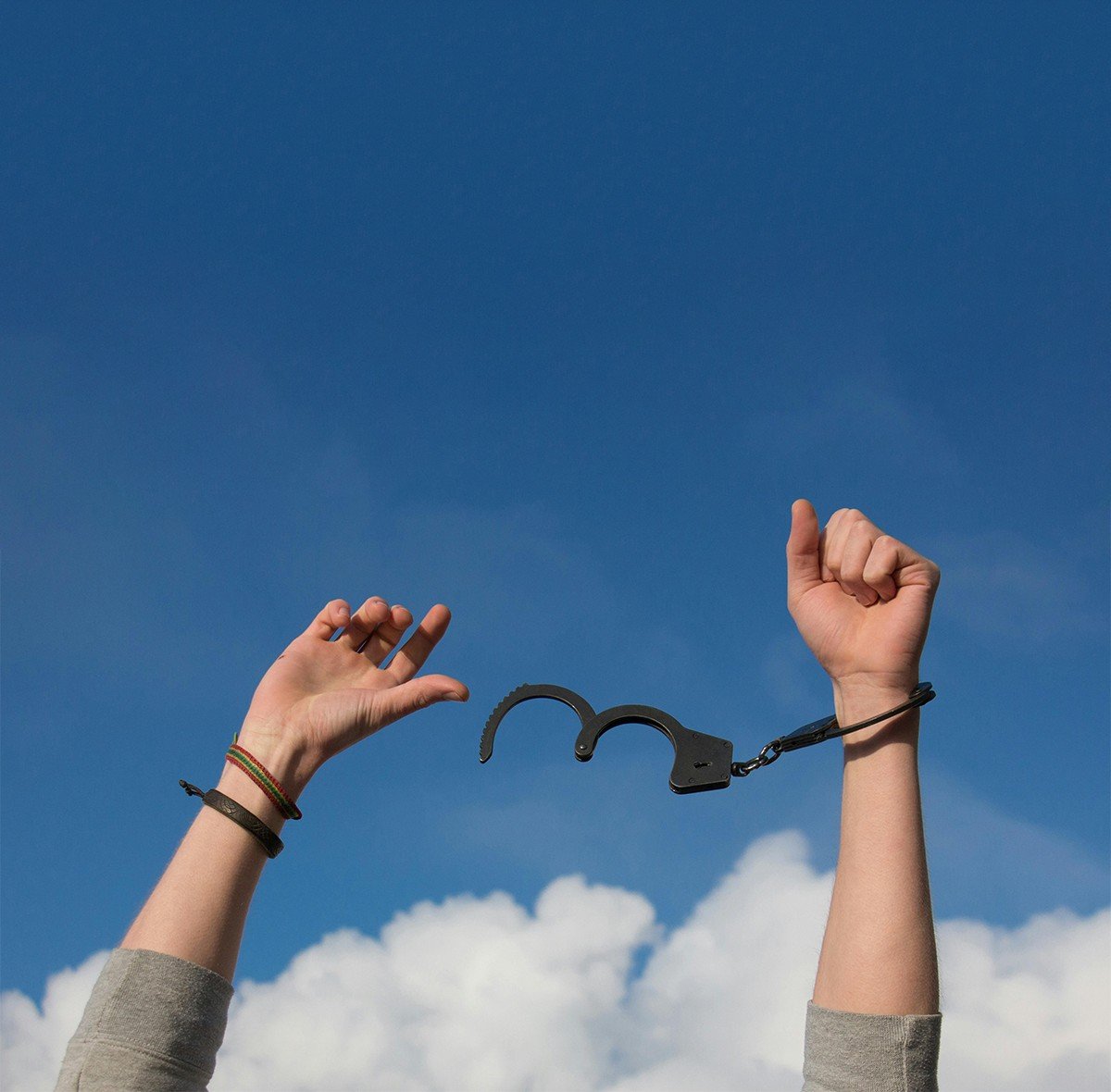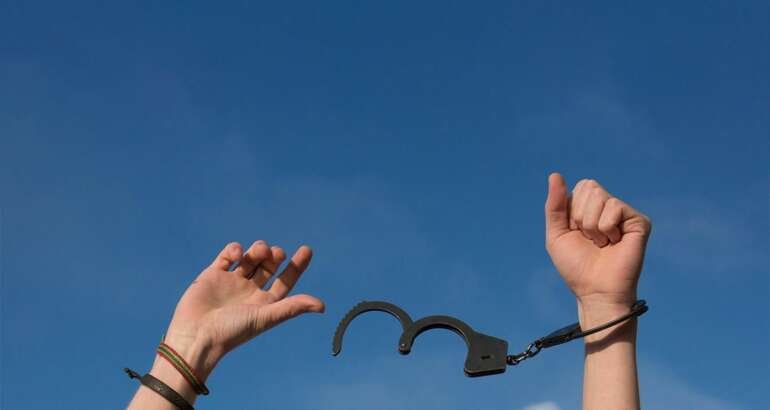“For twenty years, I lived under the shadow of an eating disorder. I say ‘shadow’ because even I wasn’t entirely convinced I had a problem. I had normalized my rigid, controlled way of relating to food and, therefore, to my body. Strict and restrictive diets, swinging between binges and fasts, excessive exercise (especially the kind that made me sweat), obsessive calorie counting, a fear of carbohydrates, an unfriendly relationship with the mirror, laxative use. On the outside, I functioned very well: I was an outstanding student, always starting new projects, writing, making art, and even founding a yoga school. Yet deep down, I knew something wasn’t right. My body told me so. For instance, I suffered from amenorrhea from age fifteen to thirty and was always cold. Because my thinness wasn’t extreme, my disorder went unnoticed and raised no red flags.
There was no true self-love holding me up. I always wanted to be ‘perfect,’ constantly pushing myself to perform without rest. I never felt comfortable in my body, always hiding it behind baggy clothes. It was hard for me to maintain relationships or connect with my own pleasure (‘what do I want?’: eating, doing, living). I avoided eating out, family gatherings, trips, anything that meant losing control of what I ate. I was terrified of brownies and sweets because I had no self-control around them.
The pandemic lockdown brought the shadow into the light. The binges started spinning out of control. That’s when I reached out for help, and Lucía Gaviria appeared to give me more than a hand—she became the captain of my team. I felt understood, supported, inspired by her own story, and accompanied 24/7. I stopped weighing myself. I burned all my diets. I had to let go of many pairs of jeans and face an endless stream of emotions I had numbed with binges. My body felt on the edge of a cliff, but I had a friend holding my hand. I started eating everything, feeling more, stepping outside my little box. I faced the fear of not being loved if I wasn’t thin, and the evidence was clear: that idea only existed in my head. Without Lucía’s unconditional, careful support, I don’t think I would have made it. I thought the disorder was part of my identity, and it was hard to shed that shell in order to be myself.
She was there for every doubt, every impulse to run back to the lettuce-prison where I felt unhappy but safe. Even now, when the disorder knocks on my door to warn me of emotions I struggle to digest, she answers my messages with all her love, wisdom, and empathy. When I found out I was pregnant with a baby girl, Lucía was one of the first people I told. I said: ‘Lu, now begins the final stage of my recovery.’ And so it has been. It all began in 2021. Today, four years later, I can only say that my life truly began the day I said, I want to be free. In that instant, Lucía appeared and gave me the confidence that yes, I could.
I believe recovery is not only a process that heals us as individuals. It’s also a small act of resistance against the weight-centered and fatphobic structures we’ve grown up with. We don’t want our children to inherit that fear. Letting go of an eating disorder is a concrete, urgent contribution to the world we live in. Remembering that was always helpful to me in moments of doubt. I knew this was never just about me.”



